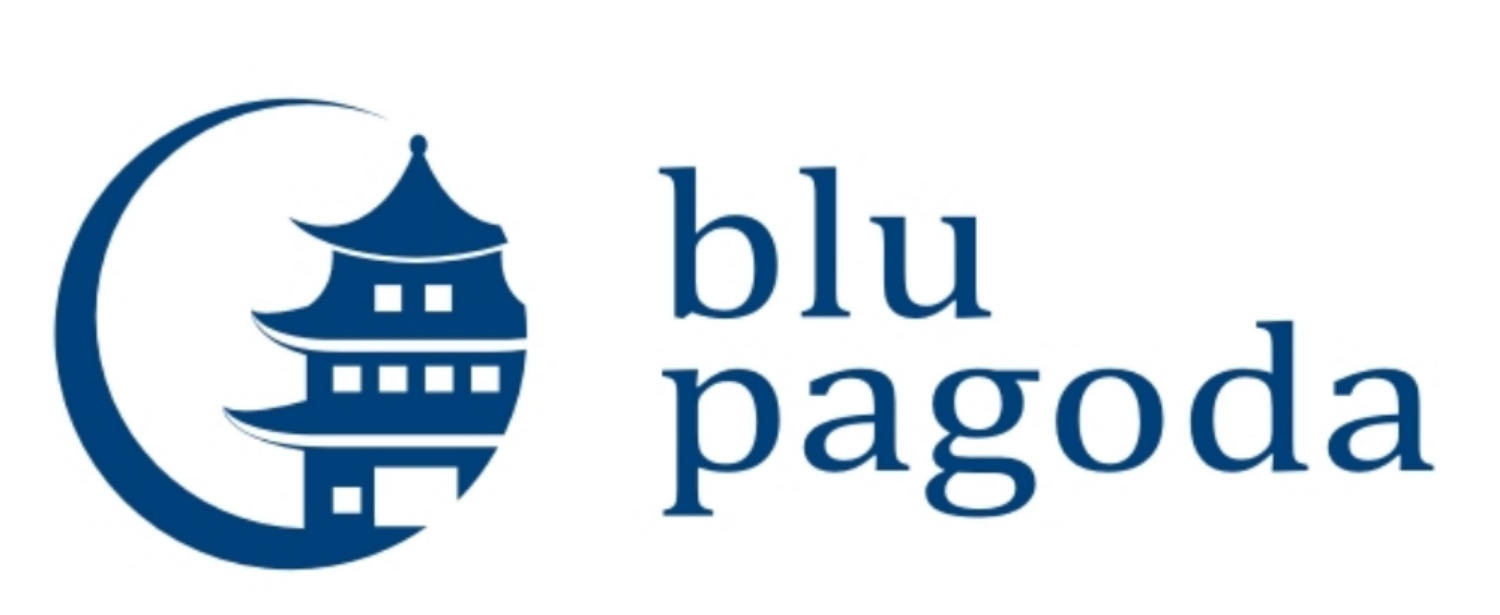How To Align Corporate Language With Diversity, Equity, Inclusion, and Belonging (DEIB) Principles
/One of the most effective yet often overlooked ways to implement DEIB is through our everyday language. The words and phrases we speak and type on a regular basis are vital in shaping workplace culture and fostering an inclusive environment.
Let’s take a look at some words and phrases that can be eliminated or replaced in general corporate communication to align with DEIB principles.
Gender-Specific Terms
Using gender-specific terms may inadvertently exclude or alienate non-binary or gender-nonconforming individuals.
Some terms to steer clear of:
“He/She” or “His/Her” (without knowing preferred pronouns)
“Guys” when referring to a mixed-gender group
Consider using gender-neutral terms like “they” or “them” as singular pronouns or “everyone,” “all,” and “folks” when addressing a group (or you may hear us say “y’all” from time to time!)
Words like “Chairman,” “Salesman,” Man-made,” and “Mankind,” can be replaced with “Chairperson” or “Chair,” “Salesperson” or “Sales Representative,” “Machine-made,” “Synthetic,” or “artificial,” respectively
“Dear Sir” can be replaced with “Dear Editor” or “To Whom It May Concern”
Ableist Language
Language that refers to disabilities in a casual or negative way can be deeply offensive. Avoiding ableist language means being mindful of words that may marginalize or stigmatize colleagues with disabilities—keeping in mind that abilities may or may not be visible.
Terms to best avoid:
“Crazy” or “Insane” to describe ideas or situations
“Blind to” or “deaf to” as metaphors can be seen as offensive to those with visual or hearing impairments
“Handicapped,” “Crippled,” and “Lame” can be demeaning
Instead, consider replacements such as “unexpected” or “surprising” and describe what specifically you find lacking, inadequate, or uninteresting.
Ethnocentric Phrases
Ethnocentrism might inadvertently seep into our language and alienate those from different cultural backgrounds.
Some words and phrases to avoid:
Idiomatic expressions that might not translate well across cultures, like “barking up the wrong tree” or “bite the bullet.”
“Low man on the totem pole” – This phrase appropriates and misrepresents Native American culture.
From the obvious to more obscure words and phrases such as, “Call a spade a spade,” “Blacklist,” “Grandfathered in,” “Cakewalk,” “Lynch mob,” “Uppity,” “Gypped” or “Jipped,” “Sold down the river,” “Off the reservation,” “Hip hip hooray,” “Long time, no see” or “No can do,” and “Picnic” – the origins of these terms and expressions stem from racism
In general, it’s best to avoid racial or ethnic stereotypes in descriptions or comparisons. It’s also important to note that many terms, beyond those mentioned within this blog post alone, originate from historical inequities and deserve scrutiny in our corporate and everyday language.
Age-Related Remarks
Ageism can create divides between individuals of different generations.
Keep in mind:
Referring to younger employees as “kids” or “youngsters” or older employees with terms that might seem patronizing, such as “boomers” or “old school”
“Digital Native” when assuming that younger employees are naturally tech-savvy
Instead, use respectful terms that recognize individuals’ capabilities and experience without stereotyping based on age. A great book on ageism is This Chair Rocks: A Manifesto Against Ageism by Ashton Applewhite.
Implicit Bias in Descriptions
The language used to describe roles or expectations can sometimes carry implicit bias.
Consider avoiding:
Gender-coded adjectives, such as “aggressive” or “nurturing”
Descriptions that pigeonhole women as “emotional” or men as “logical”
Stereotyping roles, such as referring to nurses as women or engineers as men
Instead, create a new habit of using specific and mindfully unbiased language that describes behavior, skills, or attributes.
Language is one of our most powerful tools that ultimately shape our thoughts, behaviors, interactions, and even generative AI use in today’s workplace (more on exploring generative AI bias with an upcoming blog post). By mindfully choosing our words, we have the power to build a work culture that embraces diversity and promotes a sense of belonging for all involved. This not only aligns with ethical considerations but can also lead to more collaborative and innovative teams.
Our DEIB team at Blu Pagoda discovered several ethnocentric phrases during a past Courageous Conversations session. We’ve found that researching terminology is enlightening; it gives us an opportunity to reveal its depth and helps us avoid using problematic language. By fostering an awareness of how language impacts our workplace and taking active steps to eliminate or replace words and phrases that don't align with DEIB principles, we move closer to a culture where everyone feels seen, heard, and valued.
What are your thoughts or suggestions on other ways to strive for a more inclusive workplace? Please feel free to share in the comment section!
Changing corporate language with the above suggestions is a mere starting point; continuous learning and adapting are essential in our collective journey toward a more inclusive corporate culture.

